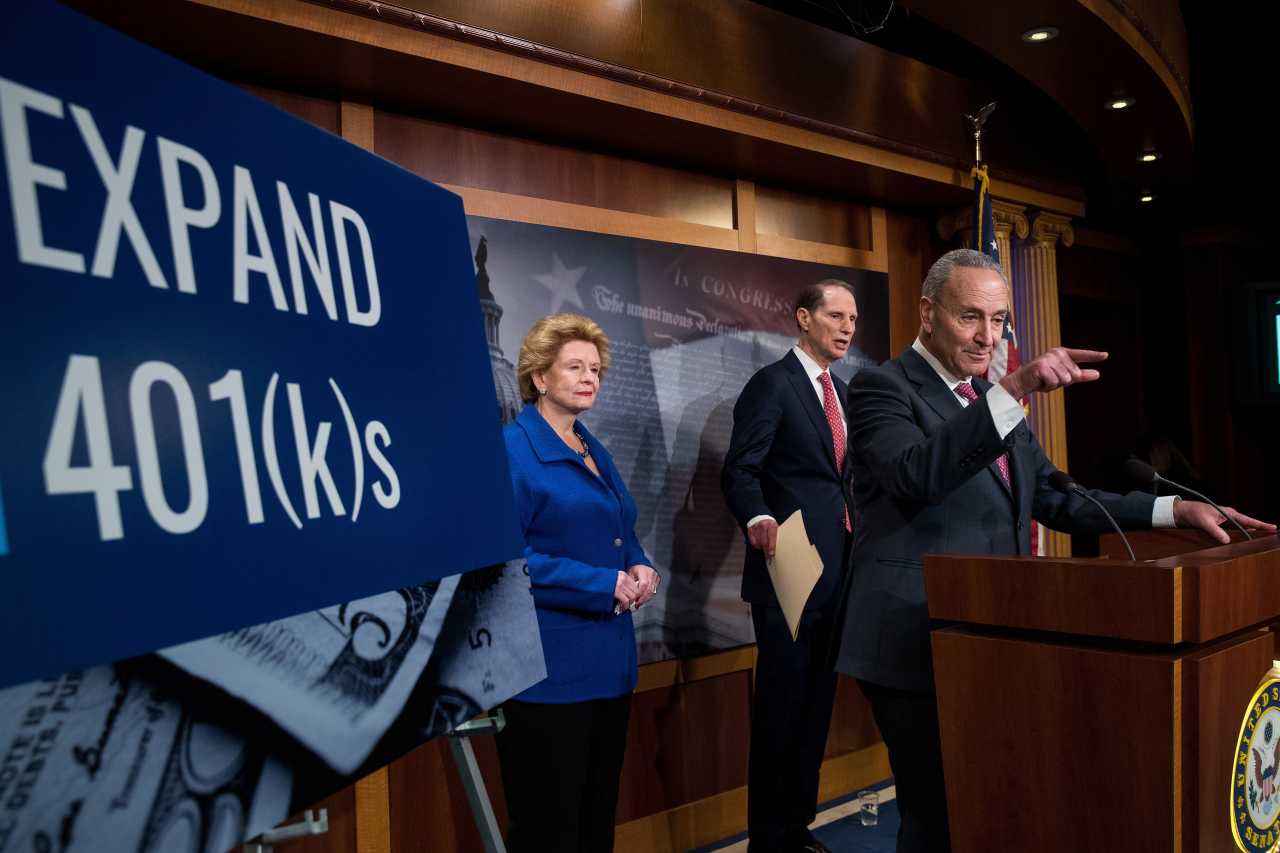These are some of the biggest financial regrets Americans have about their jobs
When asked, Americans express plenty of financial regret, such as making big, impulsive purchases and spending too much to keep up with higher earners. According to a new Clarify Capitol survey of more than 1,000 Americans (including boomers, Gen Xers, millennials, and Gen Zers), they also have deep regret over not investing earlier. Forty-three percent pointed to that oversight as their biggest financial failure. Following closely behind, 38% said they regret overspending, which ended up costing them about $63,000 in net worth. One in three said they overspent simply to “keep up with the Joneses.” However, it’s not just irresponsible spending that haunts Americans. They have regret about the financial choices they made on the job, too. Ten percent said that not negotiating a higher salary was their biggest financial regret. According to the report, the failure to negotiate with an employer ends up costing an estimated $78,000 of income. Likewise, working Americans also said they regretted quitting their job without a backup plan. One in 10 said they wished they had figured out their next move before giving their notice. According to a 2024 Pew Research Center study, one of the biggest reasons for dissatisfaction among workers is how much they’re (not) being paid. Eighty percent said their pay has not kept up with increases in the cost of living, and 71% said their pay was too low for the quality of work they produce. Seventy percent said their pay is too low for the amount of work they do. Given how unhappy so many workers are with their pay, leaving a job can be the right move—as long as you have new employment lined up. Just make sure you negotiate your salary to avoid feeling regret down the line.

When asked, Americans express plenty of financial regret, such as making big, impulsive purchases and spending too much to keep up with higher earners.
According to a new Clarify Capitol survey of more than 1,000 Americans (including boomers, Gen Xers, millennials, and Gen Zers), they also have deep regret over not investing earlier.
Forty-three percent pointed to that oversight as their biggest financial failure. Following closely behind, 38% said they regret overspending, which ended up costing them about $63,000 in net worth. One in three said they overspent simply to “keep up with the Joneses.”
However, it’s not just irresponsible spending that haunts Americans. They have regret about the financial choices they made on the job, too. Ten percent said that not negotiating a higher salary was their biggest financial regret. According to the report, the failure to negotiate with an employer ends up costing an estimated $78,000 of income.
Likewise, working Americans also said they regretted quitting their job without a backup plan. One in 10 said they wished they had figured out their next move before giving their notice.
According to a 2024 Pew Research Center study, one of the biggest reasons for dissatisfaction among workers is how much they’re (not) being paid. Eighty percent said their pay has not kept up with increases in the cost of living, and 71% said their pay was too low for the quality of work they produce. Seventy percent said their pay is too low for the amount of work they do.
Given how unhappy so many workers are with their pay, leaving a job can be the right move—as long as you have new employment lined up. Just make sure you negotiate your salary to avoid feeling regret down the line.










.png)





















































































































































































